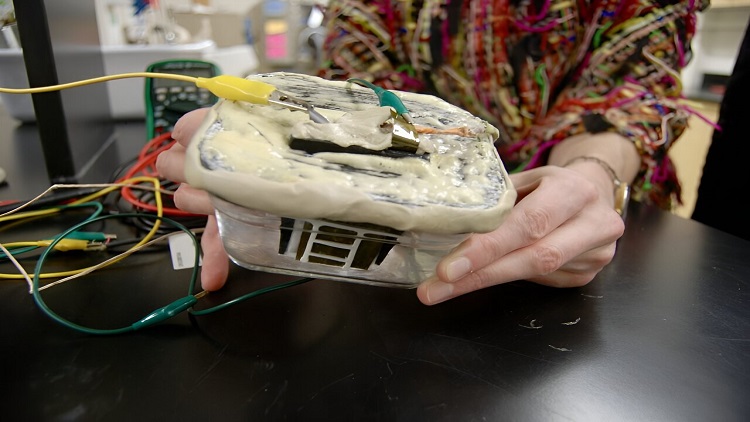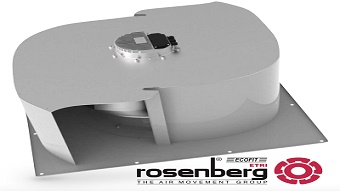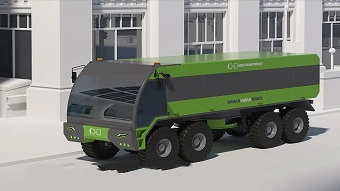Energy harvester powers remote devices in the IoT
S. Himmelstein | May 09, 2024 The pyroelectrochemical cell converts thermal energy into electricity and stores it. Source: Brian Maffly, University of Utah
The pyroelectrochemical cell converts thermal energy into electricity and stores it. Source: Brian Maffly, University of Utah
The ability to power sensors and other connected devices deployed in remote areas and throughout many internet of things (IoT) chains is challenging. University of Utah researchers have engineered a potential solution in the form of a self-charging pyroelectrochemical cell, which harvests thermal energy directly from the environment for conversion to stored electrochemical energy.
The device is charged by changing temperatures in the surrounding environment, whether inside a vehicle or under the soil. A pyroelectric material, such as porous polyvinylidene fluoride, serves as the separator of an electrochemical cell. When heated, the polarization of the pyroelectric separator decreases and produces a potential gradient that induces ion migration to charge the cell.
Under open circuit conditions, the cell charged by 0.65 mV after four applications of a 20° C–30° C–20° C thermal cycle. Laboratory testing demonstrated that the pyroelectrochemical cell could produce up to 100 microjoules per square centimeter from a single heating/cooling cycle. While this is not a large amount of energy, it should prove of value in powering IoT components.
Real-world field demonstrations are planned for the power harvesting system described in the journal Energy & Environmental Science.




